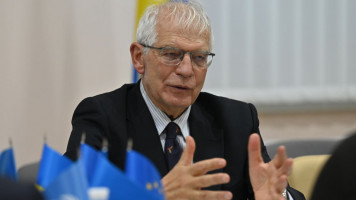UN seeks to open air bridge to aid Yemeni cancer patients
UN seeks to open air bridge to aid Yemeni cancer patients
The UN wants to open a humanitarian air corridor to evacuate Yemenis suffering from chronic illnesses in the war-torn country.
2 min read
Three in four Yemenis require some form of humanitarian assistance (Getty)
The United Nations is working to open a humanitarian air bridge to take Yemeni cancer patients for treatment at qualified facilities, WHO country representative for Yemen Nevio Zagaria said Sunday.
"The aim is to help patients suffering from cancer, chronic diseases and congenital anomalies receive the treatment they need," Zagaria said, adding that 12 health conditions had been targeted.
These include leukaemia, cervical and thyroid cancer, and "patients who need... bone marrow and kidney transplants," said Zagaria of the World Health Organization (WHO).
The air bridge will operate for an initial trial period of six months, WHO said, without specifying where the patients would be sent for treatment.
"Eighty percent of patients for this flight are women and children," Zagaria said, adding: "The air bridge is one of their last hopes."
Twenty-two million people, or three in four Yemenis, require some form of humanitarian assistance in the conflict-ravaged country.
On Sunday, hospital and medical sources said clashes and air strikes around the city of Hodeida killed 32 rebels.
A military source told AFP the Saudi-led coalition fighting alongside the Yemeni government against Shiite Huthi rebels carried out an air raid on a radio station tower in the port city.
The coalition accuses the Tehran-aligned Houthis of smuggling arms from Iran through Hodeida and has imposed a partial blockade on the port, which the rebels seized in 2014.
The coalition in July announced a temporary ceasefire in Hodeida to give a chance to UN-brokered peace talks.
The UN's Yemen envoy, Martin Griffiths, arrived Sunday in the rebel-held capital Sanaa.
He is pushing for new peace talks after a failed attempt to bring the two sides together in Geneva earlier this month.
Saudi Arabia and its allies intervened in 2015 in the conflict between embattled Yemeni President Abedrabbo Mansour Hadi, whose government is recognised by the United Nations, and the Houthis.
Nearly 10,000 people have since been killed and the country now stands on the brink of famine.
"The aim is to help patients suffering from cancer, chronic diseases and congenital anomalies receive the treatment they need," Zagaria said, adding that 12 health conditions had been targeted.
These include leukaemia, cervical and thyroid cancer, and "patients who need... bone marrow and kidney transplants," said Zagaria of the World Health Organization (WHO).
The air bridge will operate for an initial trial period of six months, WHO said, without specifying where the patients would be sent for treatment.
"Eighty percent of patients for this flight are women and children," Zagaria said, adding: "The air bridge is one of their last hopes."
Twenty-two million people, or three in four Yemenis, require some form of humanitarian assistance in the conflict-ravaged country.
On Sunday, hospital and medical sources said clashes and air strikes around the city of Hodeida killed 32 rebels.
A military source told AFP the Saudi-led coalition fighting alongside the Yemeni government against Shiite Huthi rebels carried out an air raid on a radio station tower in the port city.
The coalition accuses the Tehran-aligned Houthis of smuggling arms from Iran through Hodeida and has imposed a partial blockade on the port, which the rebels seized in 2014.
The coalition in July announced a temporary ceasefire in Hodeida to give a chance to UN-brokered peace talks.
The UN's Yemen envoy, Martin Griffiths, arrived Sunday in the rebel-held capital Sanaa.
He is pushing for new peace talks after a failed attempt to bring the two sides together in Geneva earlier this month.
Saudi Arabia and its allies intervened in 2015 in the conflict between embattled Yemeni President Abedrabbo Mansour Hadi, whose government is recognised by the United Nations, and the Houthis.
Nearly 10,000 people have since been killed and the country now stands on the brink of famine.

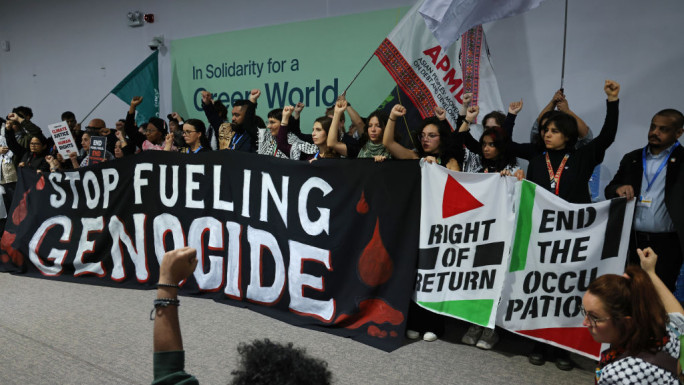
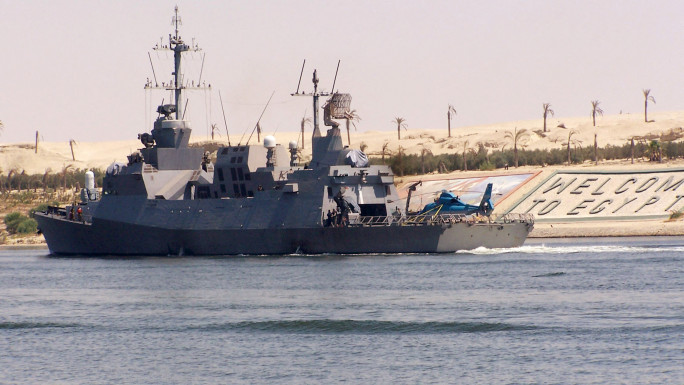
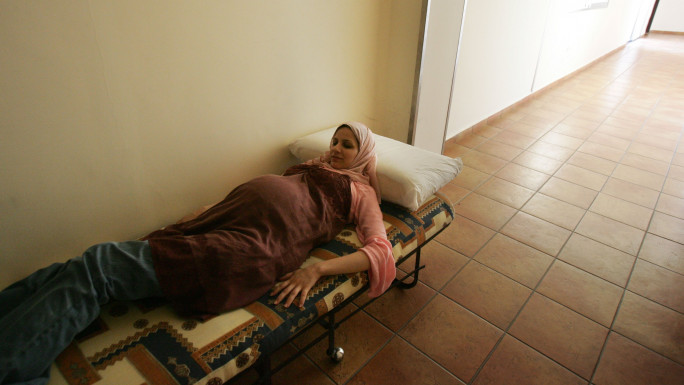
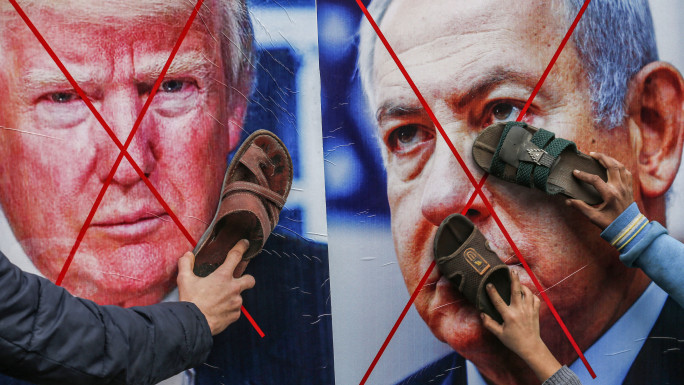
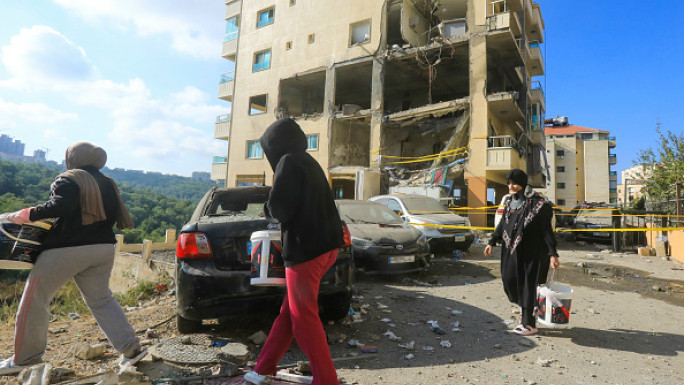
 Follow the Middle East's top stories in English at The New Arab on Google News
Follow the Middle East's top stories in English at The New Arab on Google News

